sideblog for various study/reading resources. they/them
Don't wanna be here? Send us removal request.
Note
godddddd i have disliked becky chambers' work since long way to a small angry planet and I agree that that fish scene is SO much of what is wrong with contemporary SFF especially queer SFF. refreshing take, great review, thank you. would love to hear what authors or works you think of as the antidote to that sensibility.
The thing is, I enjoyed The Long Way to a Small Angry Planet when I first read it - it was a fun, light adventure, clearly a debut novel but I was excited to see where Chambers would go from there. And I actually really do think the sequel, A Closed and Common Orbit, was good! It did interesting things with AI personhood and identity.
... and then Chambers just kinda. Did not get better. She settled into a groove and has a set number of ideas that I feel like she hasn't broken out of, creatively. And they I M O kind of rest on an assumption that "human nature" = "how people act in suburban California."
As an antidote to that sensibility, I'd say... books where people have a real interrelationship with the land they inhabit, a sense of being present, and reciprocal obligations to that land; books that recognize that some things can never be taken back once done; books with well-drawn characters, where people have strong opinions deeply informed by their circumstances, that can't always be easily reconciled with others, and won't be brushed aside; books where these character choices matter, they impact each other, they cannot be easily gotten over, because people have obligations to each other and not-acting is a choice too.
And it's only fair that after all day of being a Hater I should rec some books I really did like.
Piranesi by Susanna Clarke - A man lives alone in an infinite House, over an equally infinite ocean. Captures the feeling that I think Monk & Robot was aiming for. Breathtaking beauty, wonder at the world, philosophy of truth, all that good stuff, and actually sticks the landing. The main character's love, attention, and care to his fantasy environment shows through in every page. (Fantasy, short novel)
Imperial Radch by Ann Leckie - An AI, the one fragment remaining of a destroyed imperial spaceship, is on a quest for revenge. Leckie gets cultural differences and multiculturalism, and conversely, what the imposition of a homogeneous culture in the name of unity means. (Space sci-fi, novel trilogy)
Machineries of Empire by Yoon Ha Lee - An army captain's insubordination is punished by giving her a near-impossible mission: to take down a rebelling, heretical sect holing up in a space fortress and defying imperial power. She gets a long dead brain-ghost of a notorious criminal downloaded into her head to help. Very, very good at making you feel like every doomed soldier was a person with a past, with a family, with feelings, with hopes and dreams and frustrations and favorites and preferences and reasons to live, right before they brutally die in a space war. Also very much about the imposition of homogeneity of culture as a force of imperialism. (Space sci-fi, novel trilogy)
The Fortunate Fall by Cameron Reed - Maya Andreyevna is a VR journalist in high-tech dystopian future Russia, and she decides to investigate the truth that the government doesn't want her to. She might die trying. It's fine. Also has digital brain-sharing, this time in a gay way. It's bleak. It's sad. It feels real. Not making a choice is a choice. Backing out is a choice. And choices have consequences. Choices reverberate through history. About responsibility. (Cyberpunk, novel)
The Vanished Birds by Simon Jimenez - Nia Imani is a spaceship captain, a woman out of time, a woman running from her past, and accidentally adopts a boy who has a strange power that could change the galaxy. Spaceship crew-as-found-family in the most heartbreaking of ways. Also about choices, how the choices you make and refuse to make shape you and shape the world around you. How the world is always changing around you, how the world does not stay still when you're gone, and when you come back you're the same but the world has moved on around you. About how relationships aren't always forever, and that doesn't mean they weren't important. About responsibility to others. It's a slow, sad book and does not let anyone rest on their laurels, ever. There is no end of history here. Everything is always changing, on large scales and small, and leaving you behind. (Space sci-fi, novel)
Dungeon Meshi / Delicious in Dungeon by Ryoko Kui - A D&D style fantasy dungeon crawl that stops to think deeply about why there are so many dungeons full of monsters and treasure just hanging around. Here because it's an example of an author thinking through her worldbuilding a lot, and it mattering. Also because of the characters' respect for the animals they are are killing and eating, their lives and their place in the ecosystem, and the ways that humans both fuck up ecosystems with extraction and tourism, but also the ways that you can have reciprocal relationships of responsibility and care with the ecosystem you live in, even if it's considered a dangerous one. (Fantasy, manga series)
Stories of Your Life and Others by Ted Chiang and How Long 'Til Black Future Month by N. K. Jemisin and Everyone on the Moon is Essential Personnel by Julian K. Jarboe - Short story anthologies that were SO good and SO weird and rewired the way I think. If you want the kind of stuff that is like, the opposite of easy-to-digest feel-good pap, these short stories will get into your brain and make you consider stuff and look at the world from new angles. Most of them aren't particularly upbeat, but there's a lot of variety in the moods.
"Homecoming is Just Another Word for the Sublimation of the Self," "Calf Cleaving in the Benthic Black," and "Termination Stories for the Cyberpunk Dystopia Protagonist" by Isabel J. Kim - Short stories, sci-fi mostly, that twist around in my head and make me think. Kim is very good at that. Also about choices and not-making-choices, about going and staying, about taking the easy route or the hard one, about controlling the narrative.
The Murderbot Diaries by Martha Wells - Security robot with guns in its arms hacks itself free from its oppressive company, mostly wants to half-ass its job but gets sucked into drama, intrigue, and caring against its better judgement. This is on here because 1) I love it 2) I feel like it does for me what cozy sff so frequently fails to do - it makes me feel seen and comforted. It's hopeful and compassionate and about personal growth and finding community and finding one's place in the world, without brushing aside all problems or acting like "everybody effortlessly just gets along" is a meaningful proposal. also 3) because it is one of the few times I have yet seen characters from a hippie, pacifistic, eco-friendly, welcoming, utopian society actually act like people. The humans from Preservation are friendly, helpful, and motivated by truth and justice and compassion, because they come from a friendly, just, compassionate society, and they still actually act like real human beings with different personalities and conflicting opinions and poor reactions to stress and anger and frustration and fear and the whole range of human emotions rather than bland niceness. Also 4) I love it (space sci-fi, novella series mostly)
#omg someone who doesn't absolutely love becky chambers!#sorry there were a few things in long way to a small angry planet that just. legitimately pissed me off#i'll probably try her work again in the future just to give her a shot. but i was turned off of her as a writer after that book
634 notes
·
View notes
Text





my top 5 reads in april! this month has been slightly busier than usual so i haven't been able to devote as much time to reading as i would have liked. i have definitely read more poetry collections than were listed here but i didn't click with most of them and i just wanted to highlight those that i absolutely loved.
Martyr! by Kaveh Akbar: I read this book after reading Akbar's two poetry collections and his narrative prose voice is as lyrical and visceral as his poetic one [side tangent I do think because poem and prose are such different mediums, being able to succeed in both is extremely hard]!! extremely raw but also unapologetic about his existence, the book meditates on immigrant intergenerational trauma shaped by u.s. imperialism as well as the purpose of art (the purpose of life by extension). incredibly hopeful narrative
Caucasia by Danzy Senna: technically i finished this book at the start of may but since i read most of it in april i wanted to include it here. the book is set in the 1970s during the Black Power movement and follows a mixed-race girl and her understanding about her own personhood and ability to connect with people from both of her communities. really sharp narrative about what race means (<- how is it used to oppress? is it constructed? does it not have power just because it is a construct?) and "passing" (<- what are moments of racial formation? which race should one claim, and in which contexts?)
Monument by Natasha Trethewey: INCREDIBLE poetry collection with a selection of poems from her formerly-published books and some new ones. i really enjoy collections like these because you're able to track the trajectory of the evolution of the poet's voice (as well as the common themes that they keep coming back to, or notice emergent themes and/or the evolution of perspective/memory)
Dear God. Dear Bones. Dear Yellow. by Noor Hindi: the poems about Hindi taking her grandmother to the U.S. immigration services for testing in order to be naturalized sprinkled throughout the book were the ones that stuck with me the most. the poem she ended on about "Pledging Allegiance" to a country that is perpetuating unchecked violence on your home country really drives the entire collection home in terms of cohesiveness. even when Hindi doesn't name Palestine, Palestine is always there
A Fortune for Your Disaster by Hanif Abdurraqib: i did like this collection very much! i loved the stream of consciousness poems that is almost an Abdurraqib signature. he strikes the perfect balance between painting the full picture of a scene without giving away too much so that the readers are given the opportunity to piece everything together. the ability for him to write about love and grief without naming love and grief is incredible
#sorry to ramble in your tags but I saw this and went !!!!#because I hung out with some hs friends recently and we went to a bookshop#and one of my friends was like I think you’d like this book. it’s called martyr by kaveh akbar#and I was like THE KAVEH AKBAR?!?? CALLING A WOLF A WOLF KAVEH AKBAR???#(because calling a wolf a wolf (inpatient) is my Lock Screen)#and he was like HOLY SHIT YOU KNOW HIM?!?#anyways was a fun moment and now I am sitting here waiting for martyr to become available for me to read#recs:
20 notes
·
View notes
Text





Top June reads:
There’s Always This Year: On Basketball and Ascension, Hanif Abdurraqib: a very honest and sincere book, one which on the outside seems like it’s about basketball and the relationship between a star and his home state—Ohio and LeBron James—did you have to leave to succeed? is success worth more than the people who love you and understand you more than most? to whom do you owe this answer to? but at the core of the book is love. love for people who have passed, for people who were in the spotlight for a second before dipping into the wings, for people who are still here but moved two states over, for the city, always the city. Abdurraqib is darkly humorous about his struggles without being self-deprecating, is honest about heartbreaking stories and delivers them with stark calm so they aren’t seen as sappy. overall an incredible non-fiction read, even for readers who don’t usually pick up non-fiction books, much less ones about sports. think of this book more as a homage to a city the author loves, and the people he loves who resides or has left their mark on his city.
Radial Symmetry, Katherine Larson: her background as a field ecologist really shines through in the sheer detail of her lens with which she uses to see the entire world, natural and human-built, around her. the visceral nature of sensation and of color that she uses to paint each of her poems with makes the more “telling” moments in her poems feel punchy and earned rather than cliché as other free verse poets who do not prioritize imagery/“showing” as much in their pieces might feel. It’s a shame this is her first and only poetry collection, I absolutely adored this and I recommend people read this as their introduction to nature poems
Promises of Gold, José Olivarez: Olivarez's poetic voice is extremely raw and sincere, which works to his advantage all the time. honorable mention to his debut book Citizen Illegal as well, but Promises of Gold builds upon themes presented in the former about patriotism/loyalty to one's nation (or if there even ought to be), racism and alienation felt by first-generation immigrants, what causes people to migrate? what does one do when the border crosses them?
A Guide to Undressing Your Monsters, Sam Sax: incredibly visceral and personal collection by Sax, probably the collection by them that i've enjoyed the most (i have checked out everything by them with the exception of Pig (2023) which my library did not have so the jury's still out on this one). the angle of queerness as something monstrous/unexplained/horror-inducing because of its strangeness (or perhaps perceived distance from the Normal, which we originally think ourselves to be a part of) was fully committed to throughout the book, a lot of maximalist and gritty transgressions/blurred boundaries of where violence ends and sex starts or vice versa being explored in this collection.
Transit, Cameron Awkward-Rich: the central theme of the entire collection is motion, and in motion, we have fluidity. the fluidity of time, of identity, of a car ride that is burned into you but which you will never experience again. Awkward-Rich doesn't treat the place he is at right now as his final destination in his poems because to him, this moment—like all moments—is impermanent and by that very nature it will one day shift and transform. we are creatures constantly in transition, tectonic plates bumping against each other clashing cacophonies and creating music
#save me hanif abdurraqib… hanif abdurraqib save me…#recs:#I completely forgot my tagging system lmao but that should be enough to find this later
24 notes
·
View notes
Text
[ID: a screenshot of two replies to the original post. The first, by halalgirlmeg, reads “Hard same, I think only one book I was bored with I finished and that was because it ended up picking up in the second half and tbh I appreciated everything in the grand scheme of things (rare for me as a reader tho)”. The second, by finnstansonly, reads “being bored reading a book is so. Like it’s exciting to love a book and even hating a booking is something, or finding a book mid overall but being kind of fascinated by one small aspect. But to sit through a whole book and feel nothing?? True definition of time wasted.” End ID]
when it comes to reading, boredom is the worst thing for my brain bc even if it’s objectively a feel-good story or decently plotted i just cannot finish it bc there’s nothing about it that captures my interest. i’ll read a controversial mixed-bag book before i read something boring and safe
#anyways yeah totally agree#i do sometimes read things I know I won’t like just because it’ll get me to engage my brain again#several boring books in a row is much more likely to put me in a reading slump than any bad book
24 notes
·
View notes
Text
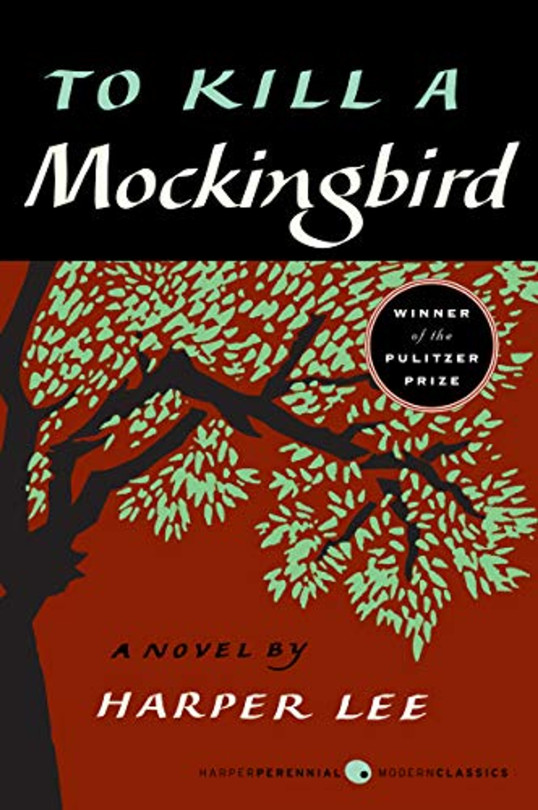
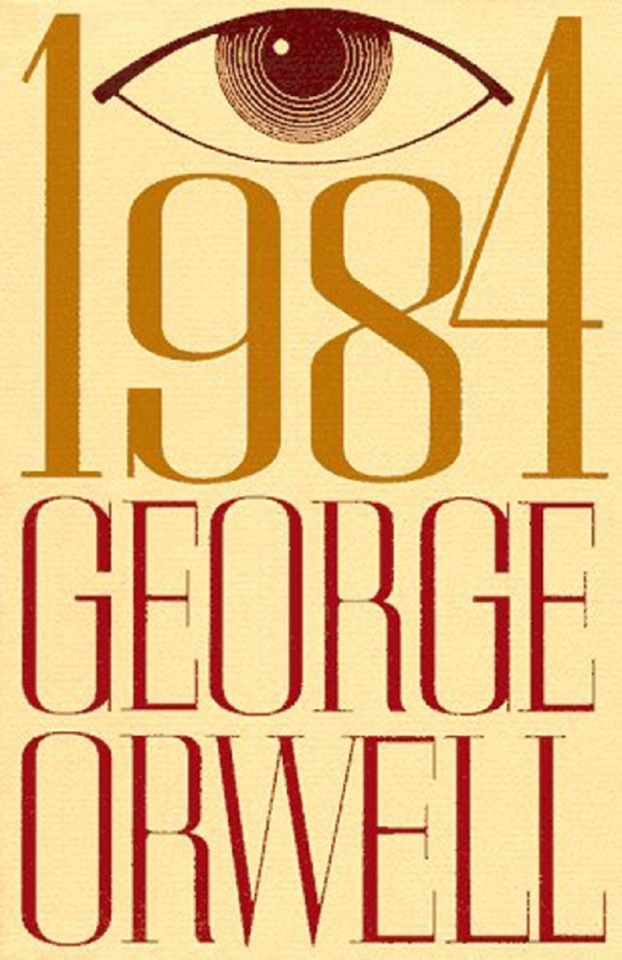
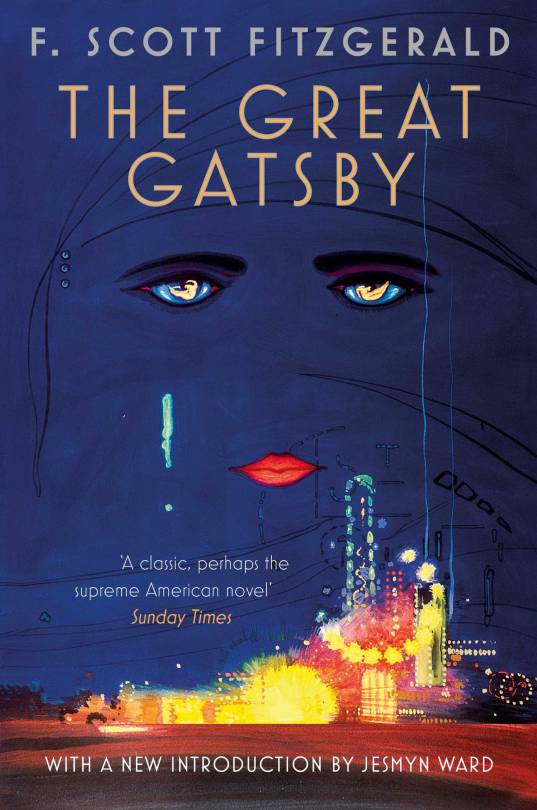
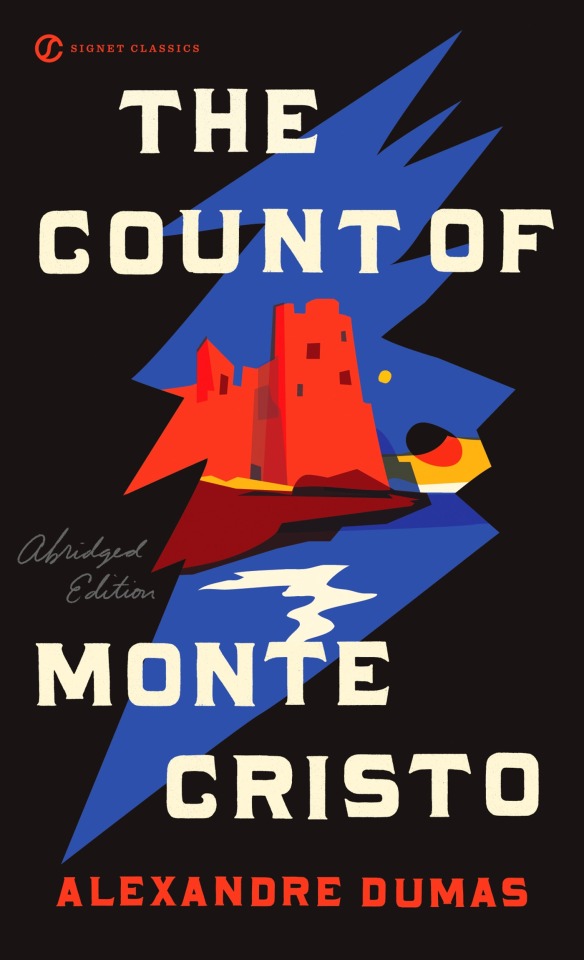
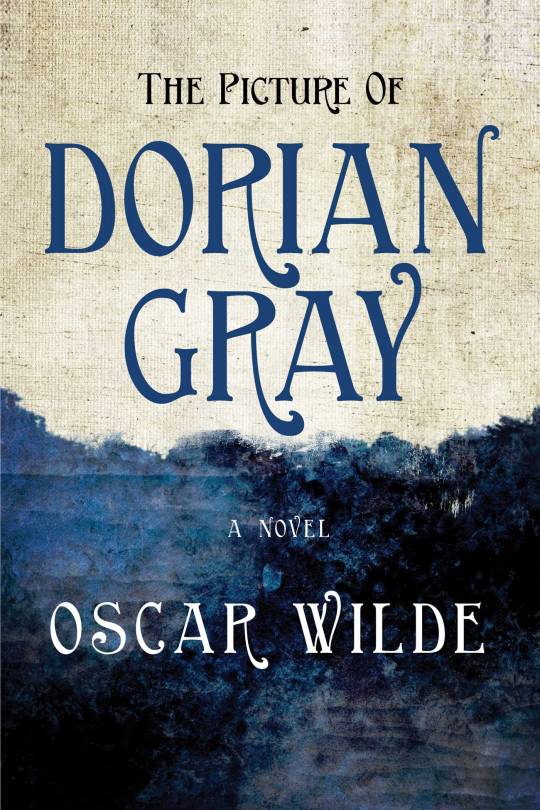

2K notes
·
View notes
Text
What's a popular/well-regarded book you DNFed? For me it was Brave New World and The Handmaid's Tale.
#not dnf but I wish I dnfed the priory of the orange tree#that book was like 700 pages. I could have saved so much time if I wasn’t so interested in finishing a book with a nice cover
14 notes
·
View notes
Text
This will be my post for getting my TBR back down.
January reads: 675 -> 676 (read one book on the TBR, added two more)
0 notes
Text
this is so very late, but my reading list for January:
The Little Book of String Theory by Steven S. Gubser. 4 stars, definitely would read again. I’m not sure how accessible it is to someone who have very little experience with physics but I think it’s a good introduction! Definitely take your time, though, it can sometimes be a bit dense (in that it’s a lot of new information that’s not intuitive).
The Summer Hikaru Died by Mokumokuren. Currently stands 4 stars. I read a bit past the first three volumes (three are currently published, everything else I’ve just read online). Tell me why I thought this was already finished. It is a really interesting story so far about our main character and the being that inhabits his friend Hikaru. I also find the take on this “being” to be more unique than other stories I’ve read, since “Hikaru” doesn’t even fully know what he is. It’s great, will try to keep up with the volume releases.
The Order of Time by Carlo Rovelli. 3.5 stars. I’ve read another one of his books in the past and enjoyed it. This book was kind of hit/miss with me. I enjoyed the meditations on death/grief and the meaning of time as something more philosophical, but outside of those sections, I found myself bored with the content. I think that’s more of a me problem though.
The Priory of the Orange Tree by Samantha Shannon. 2.5 stars but I might downgrade to 2 stars. I really thought I’d enjoy this because I love thickass books and high fantasy but I just didn’t care + had quite a lot issues with the way the book, world and plot was constructed. So if someone did genuinely enjoy this. Why.
So that was three books (one fantasy, two nonfiction), and three volumes of manga.
0 notes
Text
maybe this is my sign to stop reading sff by white authors
#they’re all just. lacking something.#I feel a bit bad for generalizing but ig what I want to say is that like#anyone can be capable of providing and thorough look at something. so I don’t believe white authors are inherently incapable of telling a#story that tackles subjects of imperialism or race well#I believe that’s very possible#these authors are just not quite getting there#tbf two of these authors I read older books from them#so maybe I should give them another shot#but jeez the emotional disconnect I have. the hyperactive brain.#should also clarify these are all stories that are certainly trying to tackle imperialism/etc#which once again. I can appreciate. and certainly it can be done well#these books are probably great primer fiction on it as well#but like. I’ve been spoiled by theory. it’s hashtag not enough#also one of my most influential fantasies was lotr which like. does not handle either topic well but the world was so incredibly immersive#…that might actually be the issue. the worlds don’t feel immersive enough to me without using parts of the real world as substitutes#and once that happens the foundation becomes shoddy#hold on this is. this is actually probably it.
0 notes
Text
And, importantly, share some recs!
3K notes
·
View notes
Text
i specify that poems that cross your dashboard without you seeking them out don't count because i'm interested in seeing who ACTIVELY seeks to read poetry, not who incidentally reads it. i get the feeling that it's mostly poets (and students?) who read poetry. any clarification in the tags would be appreciated.
#polls#honestly I read poetry when I remember that there’s poetry I want to read so it’s a bit on and off for me#the last piece of poetry I read was technically Beowulf but if you don’t count that it’s been about a year
264 notes
·
View notes
Text
random rec list :)
These are various things that I have enjoyed a lot over the years. Check under the cut for more thorough notes/warnings, because some of these are really built for specific audiences. Linked to book titles is the storygraph page, where you can also find TWs. Link to poetry are the poems themselves.
books
House of Leaves, Mark Z. Danielewski
Piranesi, Susanna Clarke
The Trial, Franz Kafka. (I don't have access to my copy anymore, so I don't know the translator of my edition, unfortunately)
The Brothers Karamazov, Fyodor Dostoevsky. I have read both the Pevear & Volokhonsky translation and the David McDuff translation. Don't have a preference between the two, I think.
An Iliad, Lisa Peterson and Denis O'Hare.
Beloved, Toni Morrison
poetry
If You Call a Wolf a Wolf, Kaveh Akbar
Hanif Abdurraqib's writing, particularly They Can't Kill Us Until They Kill Us and A Little Devil in America.
"Miss You. Would like to take a walk with you." Gabrielle Calvocoressi
"I Didn't Apologize to the Well," Mahmoud Darwish, tr. Fady Joudah
"Angels," Russell Edson
"On the Death of Friends in Childhood," Donald Justice
"Chou Nu Er: Composed on Wall at Mount Bo on Way," 辛弃疾 Xin Qiji, tr. unknown.
Poem 66 in Hidden Music, Rumi, tr. Maryam Mafi and Azima Melita Kolin.
manga/comics/etc.
The following works by Nihei Tsutomu: BLAME!, NOiSE, Abara, Biomega, tr. include: Melissa Tanaka, Stephen Paul, Sheldon Drzka, John Werry.
Mushishi, Urushibara Yuki, tr. William Flanagan
Witch Hat Atelier, Shirahama Kamome, tr. Stephen Kohler
Uzumaki, Ito Junji, tr. Yuji Oniki
Mob Psycho 100, ONE, tr. Kumar Sivasubramanian (might not be the only translator, but I'm not looking through all the volumes)
shows/movies + one podcast:
Revolutionary Girl Utena, dir. Ikuhara Kunihiko
Angel's Egg, dir. Oshii Mamoru (in collaboration with Amano Yoshitaka)
Cowboy Bebop, dir. Watanabe Shinichiro
A Writer's Odyssey, dir. Lu Yang
Wolf 359, produced by Kinda Evil Genius Productions, LLC
notes on book selections: For HoL, TBK, and Beloved, I'd recommend checking out the trigger warnings. None of these books are especially light, and definitely with HoL, Piranesi and a bit with The Trial as well, you don't know a lot going on. So you have to be okay with putting in the effort to understand these stories and going along with the ride. The Trial was technically unfinished, so after a point, it's the chapters we have from Kafka and in kind of out of order.
notes on poetry: I know some people may not like Hanif Abdurraqib's style, but I personally adore it. I have not read all of his works either, but he is a very solid poet and writer for me.
notes on manga and such: The thing you have to understand about Nihei's works (those that are listed) is that there aren't clear answers for a lot. Especially BLAME!, where there's very minimal dialogue. You won't understand everything on the first on the first read for BLAME! and that's good! NOiSE also doesn't answer a lot and Abara, for some, may seem like it ends on a cliffhanger. Biomega is the iffiest one here because the ending is really rushed. There was clearly meant to be more, but there just wasn't the space to take care of it before it had to end. In all his works listed, there is a lot of violence. WHA is in progress and I haven't caught up in ages, but it's a really solid story so far. Uzumaki is horror, so check out the warnings for that before going into it, if needed. MP100 is also pretty solid. Not without some faults, of course, but I greatly enjoy it and also have a fond spot for the REIGEN spinoff in my heart.
notes on shows and the rest: Ok. So. RGU. really look at the tws for this. The more comprehensive post I can't find, but this is a good summary. Definitely would not recommend it to everyone and there are aspects I am not a fan of (to say the least) but it is a very impactful story and means a lot. Angel's Egg is also not for everyone, but more so because it's a very silent movie and you will not get answers. It's a movie where you craft your own meaning and enjoy the experience. It can also feel very slow. Cowboy Bebop my beloved. That is all I will say. It can also feel slow to some people, but the ending. omg. A Writer's Odyssey may not be the most put together narrative-wise BUT I watched it when sick and fatigued out of my mind, so it takes a place here for being a movie I still remember pretty well. A father will do anything to find his daughter again, even if it means killing this random guy who only seems to be a novelist... except, isn't it strange how his story seems to impact reality as well? Wolf 359 is a podcast but MY GOD is it good. Listen to it. please.
10 notes
·
View notes
Text
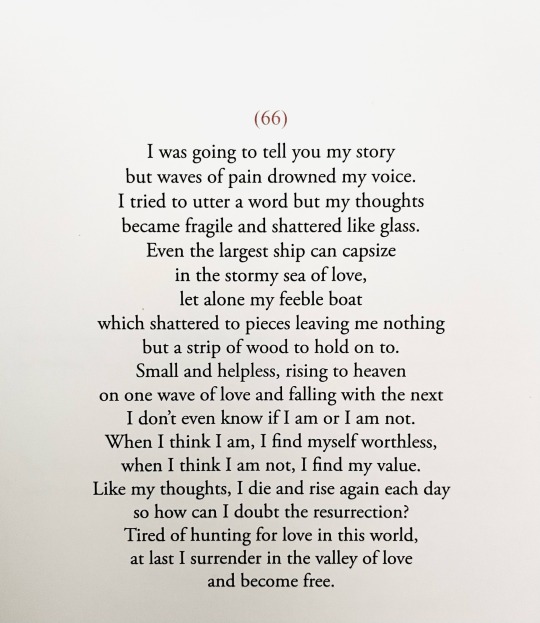
Poem by Rumi, translated by Maryam Mafi and Azima Melita Kolin. alt ID included.
0 notes
Text
use, and i cannot stress this enough, thriftbooks
55K notes
·
View notes
Link
This site is FANTASTIC if you’re looking for new books to add to your TBR.
691 notes
·
View notes
Link
In translation, Hamlet has the potential to become a more politically-charged play, said Joubin. “In English language traditions, people tend to think it’s about procrastination,” she said. “In China, the play has been used as a platform to talk about sensitive topics of succession, of revolution, particularly [after the] Tiananmen Square massacre.”
She points to a 1989 translation and production of Hamlet by renowned Chinese theatre director Lin Zhaohua. In his production, three actors played the titular character. “Essentially, [it was] to say that ‘we are all Hamlet ’… Every man is interchangeable,” she said. “It’s a very bleak view of history. No matter which side you are coming from, you [end up] as a victim of larger forces of history…”
“…Macbeth is a play that lends itself perhaps even more than Hamlet to be performed to the outrage of dictators,” said Manguel. “[During] the Perón dictatorship in Argentina, it was censored. Macbeth was performed in Tunisia very recently.”
202 notes
·
View notes
Text
the solution to the Mathematician's Lament is to teach calculus in early grade school if not kindergarten & i am being 100% unironic
12K notes
·
View notes